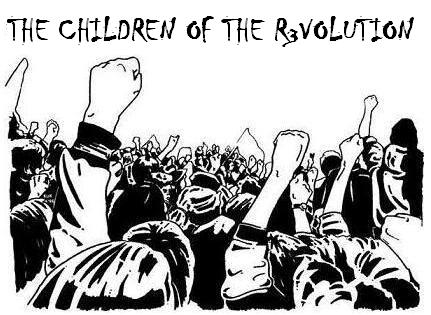 One of the top stories yesterday was that Kim Jong Il, the dictator of North Korea, had suffered a stroke that prevented him from appearing at a military parade celebrating the anniversary of his father’s coup. As of this morning a general consensus is developing in Washington, based upon intelligence reports, that the 66-year-old dictator is seriously ill. This is not the first time his health has faltered, however. South Korean newspapers reported that Il suffered a previous stroke on August 22, 2008, which was allegedly the reason that multilateral talks regarding North Korea’s nuclear disarmament between the United States, Russia, Japan, South Korea and China shut down around the same time. Today’s reports indicate that Kim is not fatally ill, but he is currently incapacitated an incapable of discharging his presidential duties.
One of the top stories yesterday was that Kim Jong Il, the dictator of North Korea, had suffered a stroke that prevented him from appearing at a military parade celebrating the anniversary of his father’s coup. As of this morning a general consensus is developing in Washington, based upon intelligence reports, that the 66-year-old dictator is seriously ill. This is not the first time his health has faltered, however. South Korean newspapers reported that Il suffered a previous stroke on August 22, 2008, which was allegedly the reason that multilateral talks regarding North Korea’s nuclear disarmament between the United States, Russia, Japan, South Korea and China shut down around the same time. Today’s reports indicate that Kim is not fatally ill, but he is currently incapacitated an incapable of discharging his presidential duties.Others speculate, based upon the bizarre and intriguing theory proposed by Japanese Professor Toshimitsu Shigemura, that Kim Jong Il actually died in 2003 of diabetes, and that the Kim of today is portrayed by several actors. Amazingly, there is some evidence to support this notion. Japanese analysts who ran tests on Kim Jong Il’s recorded voice prior to and after 2003 found that they were not a match. Furthermore, some videos show a Kim Jong Il of varying height. Shigemura postulates that this accounts for the fact that Il is always accompanied by high-ranking military officials, who he refers to as “handlers,” to ensure that the fake Il stays on message and in line. While this may only go to prove that Kim Jong Il, like many dictators, sometimes uses stand-ins (possibly due to his failing health) and isn’t quite dead, it still raises interesting questions about just how much Western analysts and intelligence experts know and can learn from a regime as unprecedentedly secretive as Il’s.
With a discussion of the North Korean dictator’s mortality suddenly on the front page, it makes one wonder what will become of that country after his death. We’ve been through this exercise recently with Fidel Castro who, while not dead (speculation abounds, however), has stepped aside in favor of his brother, Raul, due to his debilitating health. Would North Korea’s succession follow the same pattern, with power peaceably transferred to one of Kim Jong Il’s two illegitimate sons, or perhaps his brother-in-law? Or would an internal coup, military or otherwise, wrestle the country away from the path Kim set it upon? Either scenario is equally plausible, but no one is quite sure how North Korean policy would change in the aftermath. Would the nation begin a slow and measured opening to the West, engaging in further talks over its nuclear program and humanitarian issues? Would Western goods find their way to a whole new North Korean market? What sort of reforms might the new Korean regime pursue, if any?
And of course there are more dire possibilities. Would Il’s successor(s) pursue an even more hostile line with the West and their South Korean neighbors? Would a threatened Japan pull the United States into direct conflict with North Korea and perhaps even China? As terrible as Kim Jong Il’s reign over the people of his country may be, history has taught us that it can always be much, much worse. And we cannot forget that whoever inherits North Korea will be sitting atop an arsenal of nuclear weapons.







No comments:
Post a Comment